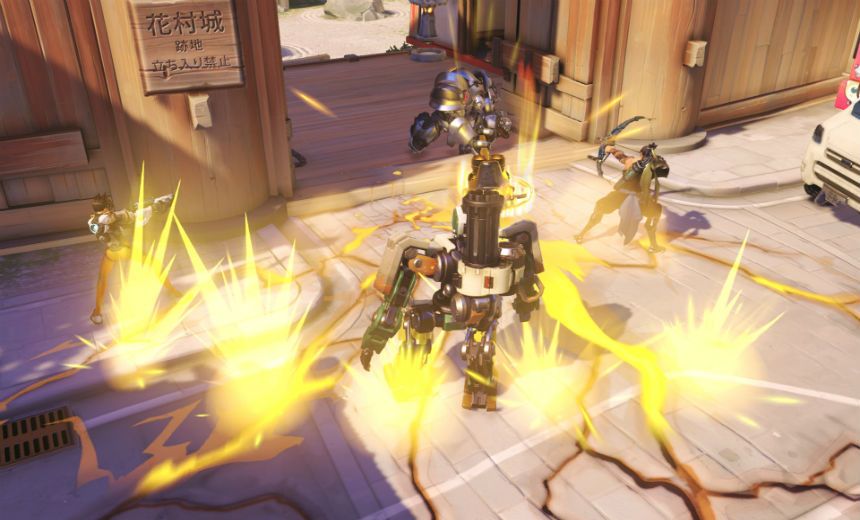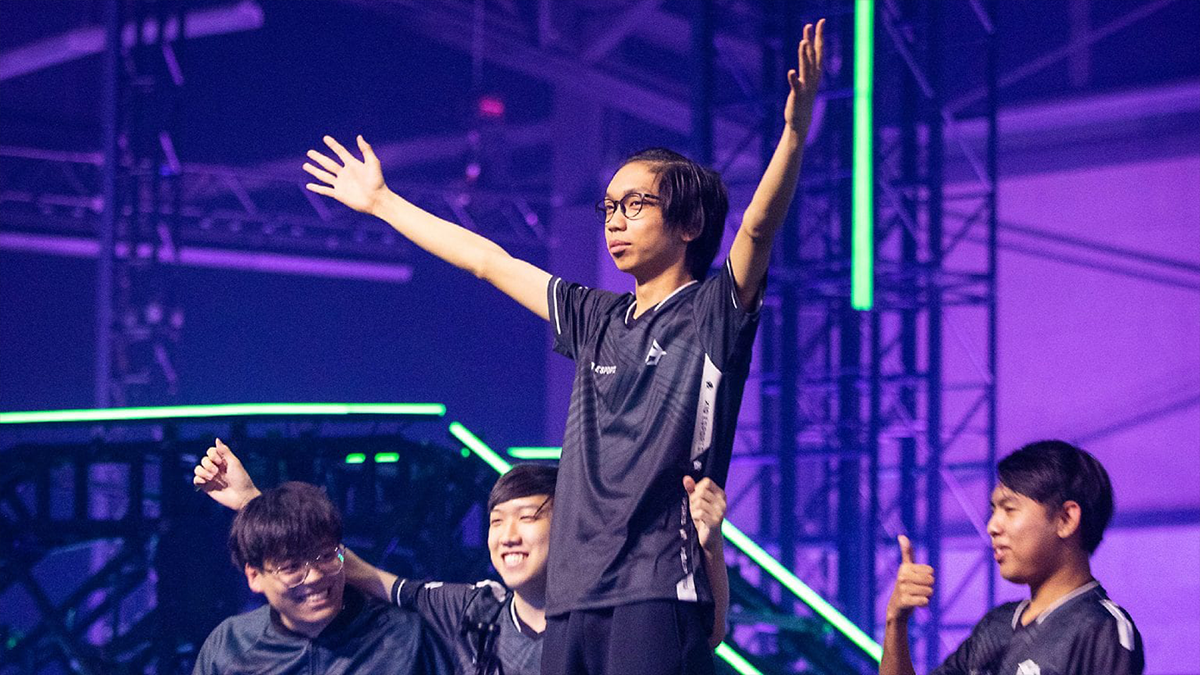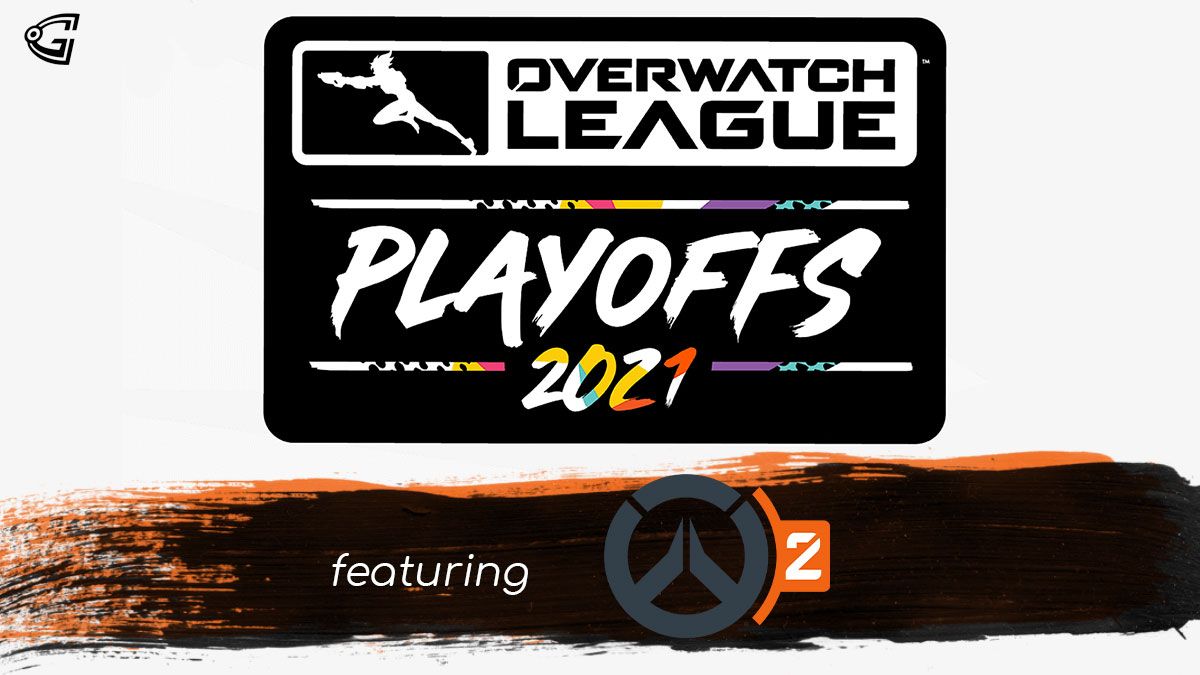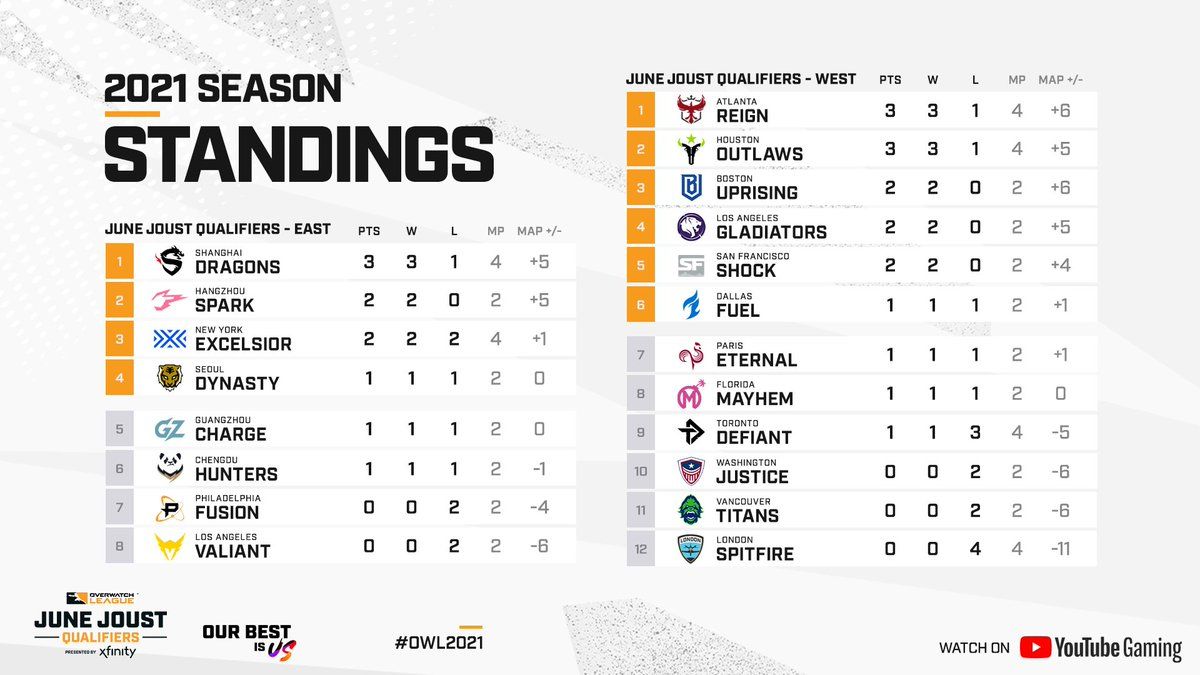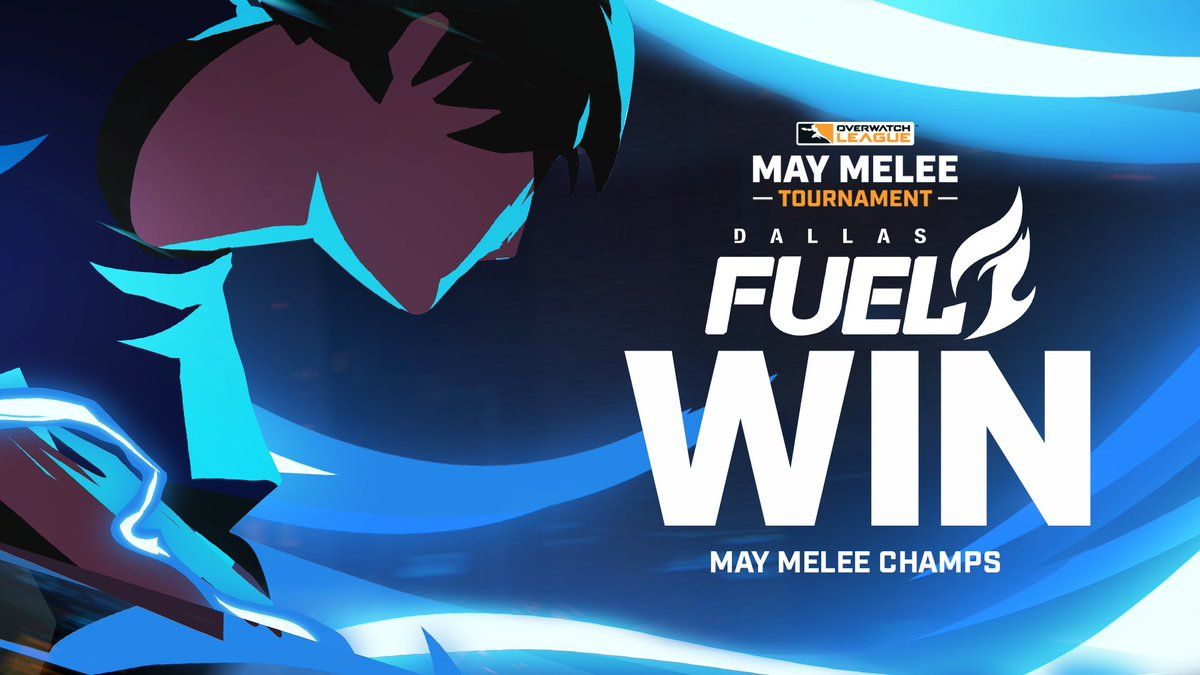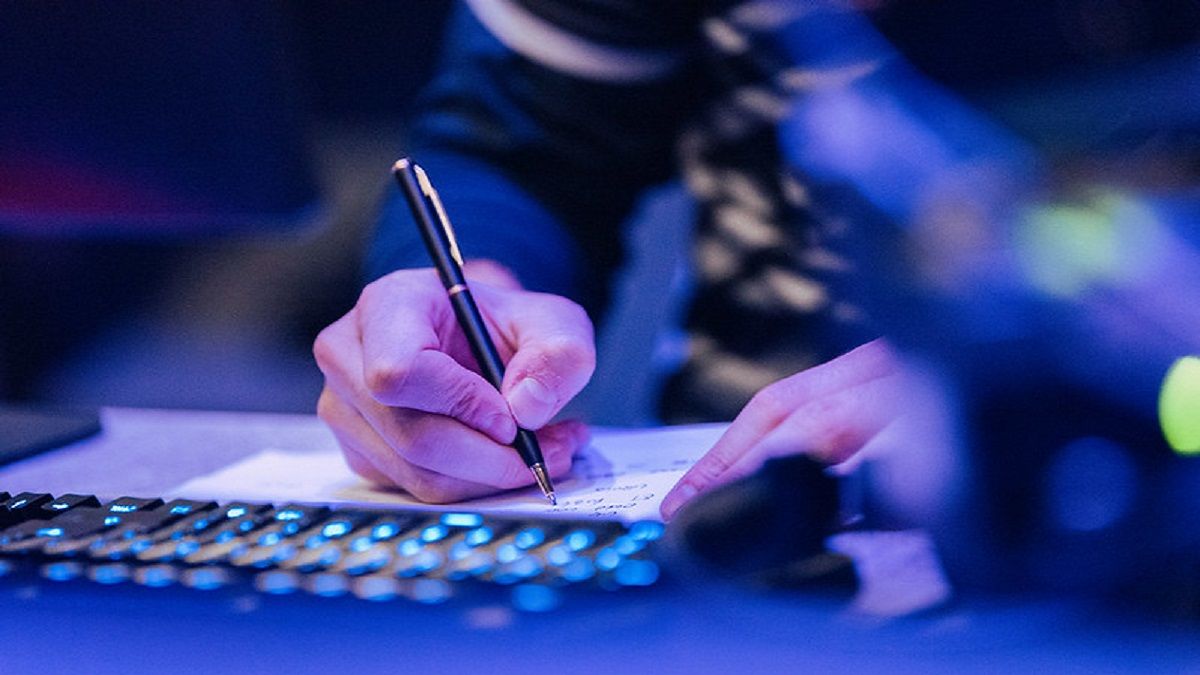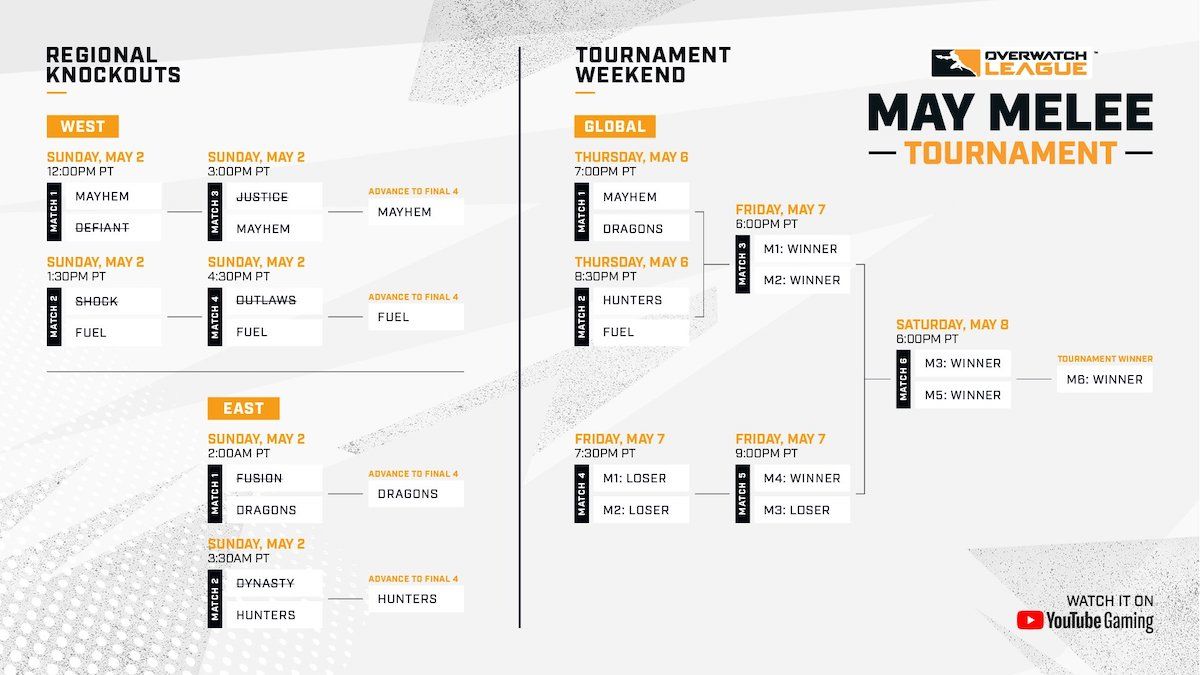
Blizzard’s Overwatch team, more so than many other developers, appears to favour clear communication. They openly state goals and design policies, and are happy to revert decisions based on community feedback. It’s also evident that Blizzard’s policies on communication have regional differences; these are most evident when a ban wave hits. For Overwatch’s audience in the West, the evidence that Warden has disposed of another barrel of rotten apples manifests itself as the salty tears of the banned pouring from cheat forums. In China, Blizzard releases numbers and names.
Cheating
It’s no secret that Overwatch has cheaters, in much the same way that every competitive game does. Cheating in competition is a problem even in traditional sports, with the recent doping controversy hounding the Rio Olympics as a current example. While we shouldn’t anticipate seeing a state-sponsored hacking scandal anytime soon, it should not be news to anybody that there are cheats available for Overwatch and many thousands of people cheating as a result. As with every game developer, Blizzard are engaged in a constant cat-and-mouse with cheat developers in an effort to make the game fair for its vast majority of clean users.
Blizzard’s policy for banning has been notably harsh. The game itself has a paywall of $40 and any player found cheating is permanently banned with their account deleted. As yet there have been no reported false positives that were later rectified, with NetEase Vice President Li Riqiang stating in an announcement, “For those of you familiar with NetEase and Blizzard, you should know our stance on cheating and hacks. Please do not harbour hopes of fluking past the detection system; justice sometimes arrives late, but it will always arrive. Do not doubt our detection and judgment, trust that we have ample proof before banning accounts.” He then added, “Those who are still thinking about complaining that you were wrongfully banned can forget it.”
Blizzard China
That statement was part of an announcement at the beginning of June when Blizzard China banned 1572 players. The translation of the post was provided on reddit for those not fluent, including some very amusing names. This was followed very recently with another 7,500 accounts permanently banned in China, again with aliases posted publicly online.
This policy sends a clear message to those considering cheating in Overwatch. They are made plainly aware that cheaters are being banned regularly and in large amounts - and permanently as well, on multiple accounts for some repeat offenders. The names do not give away personal information or properly identify individuals (as seen with the recent ban on a player named “Surefour”, clearly not the North American professional). It’s a scare and shame tactic that also allows us to see accurate figures on how effective Blizzard is being with its bans.
The West
In contrast, the policy for Blizzard in the West is to remain silent. In a strange divergence from their normal community communication, Blizzard does not relay any information about ban waves in the West. There are no numbers or statistics, certainly no names publicly posted, and the only indication that there has been a ban wave at all are from those affected - who tend to declare war on Blizzard quite publicly. Accounts that have been banned are not even detectable through an API as with VAC. They are simply deleted.
Is this a cultural difference in responding to cheaters? As the eastern scenes are shrouded in the veil of foreign language for most of us, it’s difficult to tell whether there is a cultural distinction in what is demanded of Blizzard. A comparison of so-called “witch-hunts” within the regions mirrors these differences.
Blizzard Korea
Korean player for EHOME, Geguri, was caught in the middle of a cheating allegation comparable to a large reddit witch-hunt in the West. She was accused by two pros and a variety of other members of the community for her aiming on Zarya; she was harassed and had a death threat from one of the pros, who both said they would quit the scene if she wasn’t hacking. They were so sure of themselves and the “evidence” - bearing in mind that this was all from VODs with no hard evidence - that when Blizzard Korea reportedly came out and stated that she was innocent, the players ignored it. The allegations were only eventually dropped after she played on a live stage for the specific purpose of clearing her name. With only imperfect translations of the incident which naturally leave out information, it’s hard to know what the security was at the live event or in what way Blizzard Korea could possibly claim to ‘know’ somebody is innocent; nonetheless the community at large was satisfied and it led to those two pros leaving the scene in disgrace.
The key point in this story is Blizzard Korea’s intervention. They’ve taken a step further even than Blizzard China, investigating a top player at depth and then reportedly communicating directly with that team’s manager clearing them of the allegations. It’s a crazy thought for those of us who have had to endure reddit’s expert insight calling for the heads of various Western pros every time they flick or find a new bug. It’s also a highly dangerous precedent that raises a lot of questions: how can Blizzard separate a clean but talented pro from a player using a cheat they haven’t been able to identify yet? Clearly if Blizzard could detect every cheat we would not be having this discussion, leaving a huge room for error if they plan to come out in defence of the accused.
Witch-Hunting
These public announcements from eastern regions of Blizzard also incentivise players to make public, messy accusations if they want to see justice. Think a pro player is hacking and you want an official statement? The best way to get what you want is to make the biggest stink possible and throw the reputation of professional players into the dirt. By the time Blizzard Korea extend a hand to pull them out, they may be branded forever.
Western players have been the victims of witch-hunts too, though we have managed to avoid death threats or other pros staking their careers on weak circumstantial evidence. Blizzard in both regions has responded telling the community to report these people privately ingame or by email. After the first large witch-hunt in the West they also responded with an announcement in which the final paragraph could be summarised as, “good players are good, stop getting your panties in a twist”.
Interestingly the report system suggests (if it’s not just a placebo) that there is a manual component to the AC system. There is an internal replay system that Blizzard have confirmed they can use, but reviewing all of those reported would take a lifetime; hence why Valve outsourced that kind of AC to (coincidentally) the Overwatch feature in CS:GO.
This hasn’t stopped any of the public accusations however and players continue to have their reputations harmed. The root of the issue is that there are undeniably cheaters in Overwatch and the community is concerned about the anti-cheat system not working properly. The only evidence available to those outside Blizzard (including tournament organisers) are streamed VODs as there is still no replay function in the game. This combination of lack of evidence, high suspicion, and low communication in the West leads to wild speculation but nothing ever happening.
Safety in Silence
There are real problems with communicating clearly on a topic as nuanced as cheating. Blizzard has a responsibility to keep its game, especially its top level, clear of cheaters but they cannot ever catch up to the constant iterative progress from cheat developers. If they attempt to communicate players’ innocence they are likely to be wrong eventually, putting them in a horrific position. If they communicate numbers of cheaters caught accurately they also clearly show the gaps in their system. If they intercede in every accusation that blows up, they encourage their fans to emulate the Spanish Inquisition in their quest for justice.
However there are many who would feel comforted by this kind of communication. Concealing the true number of cheaters caught in each ban wave does not make the issue seem better or smaller, it shrouds it in mystery and leads people to fear that the system doesn’t work. At least when China bans 7,500 people you know there are a whole lot less cheaters, even if you can never know the overall number left.
The official rules for Blizzcon indicate a commitment to catching cheaters that isn’t present from developers like Valve. Hints of software deliberately planted on PCs to catch cheats along with limiting players to sealed peripherals are a good start, and with policies such as these actively demonstrated confidence should begin to rise. It is reasonable to ask for clear communication in this matter? Should our blind curiosity be sated for the sake of comfort, or are we simply greedy in our desire to know more, to demand more?
For more competitive Overwatch news, follow us @GosuOverwatch.

